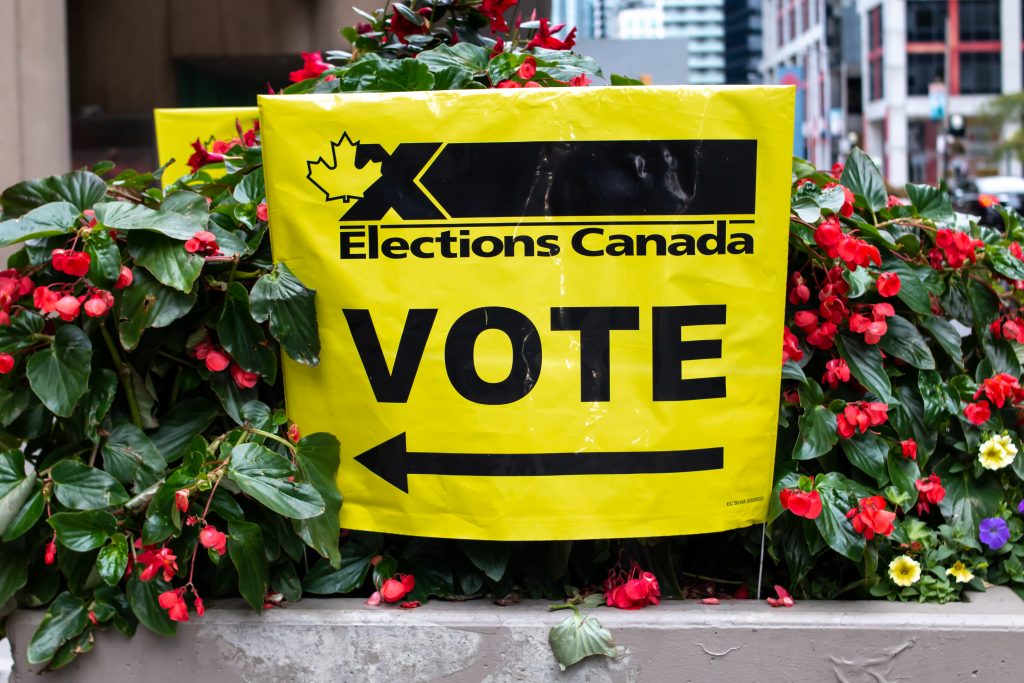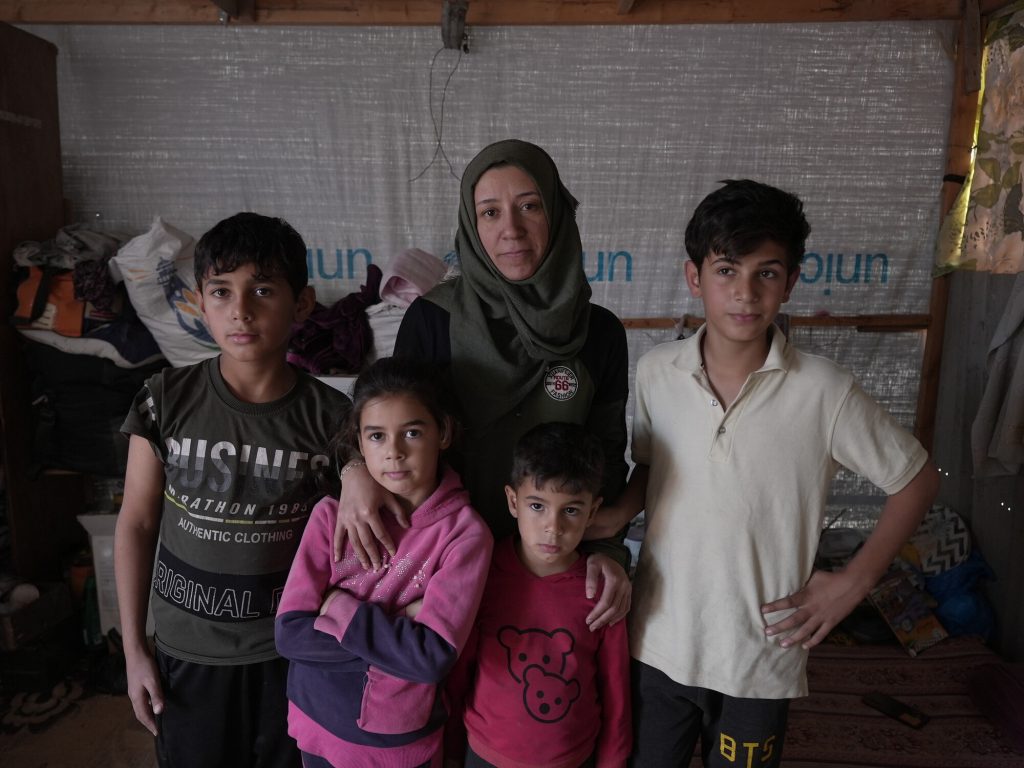What is Famine: Five Facts You Should Know
In a world of plenty, millions are on the verge of starvation. The F-word of the humanitarian sector is only used when hunger has reached a catastrophic stage. But what does this term mean? When or why is a famine declared? What can you do to help?
Last September, the United Nations issued a chilling alert about Somalia. "Famine is at the door, and today we are receiving a final warning," said the UN relief chief Martin Griffiths. It wasn't the first time that such an alarm had rung. In 2011, despite similar alerts, famine killed over a quarter-million people in the country.
Somalia's looming famine is part of a wider crisis across East Africa. But because of an international standard, we can't use the term famine to describe the rise of extreme hunger in East Africa, even though the situation in the region has been steadily deteriorating despite repeated warnings.
Extreme weather caused by climate change is exacerbating drought. Last year Ethiopia, Kenya and Somalia experienced their fifth consecutive season without rain. On the other hand, South Sudan experienced record-breaking rains that flooded two-thirds of the country. With humanitarian aid funding falling short of what's needed and rising food, fuel, and fertilizer prices due partly to Russia's invasion of Ukraine, the region faces a humanitarian catastrophe.
Famine is at the door. The lives of millions are at stake. But what does it all mean? What is famine? What can you do to help? Read on to learn more.
STOP EXTREME HUNGER
Your support helps families with immediate needs like water, food vouchers, and safety from violence while working towards long-term solutions to end the injustice of poverty.
Your gift will go to work right away. Make a tax-deductible donation today.
1. What Does Famine Mean?
In 2004, the UN's Food and Agriculture Organization developed the Integrated Food Security Phase Classification (IPC). It's a tracking tool for global hunger. It has become the primary means of identifying famine. It informs how governments and aid groups should respond when people lose reliable access to sufficient, affordable, and nutritious food.
The IPC defines famine as an extreme deprivation of food where "starvation, death, destitution and extremely critical levels of acute malnutrition are or will likely be evident."
IPC's Hunger Ranking
The IPC has five phases for grading a crisis, the most serious being famine:
- Phase one: Food Secure
- Phase two: Food Insecure
- Phase three: Acute Food and Livelihood Crisis
- Phase four: Humanitarian Emergency
- Phase Five: Famine
Conditions to Declare a Famine
Three conditions backed by evidence must be met to declare a famine:
- Any given area will have at least 1 in 5 households facing an extreme food shortage.
- More than 30 per cent of the population of a given area is "acutely malnourished," meaning they have an inadequate energy or protein intake.
- At least 2 of every 10,000 people die each day.
LEARN MORE: What's Causing the Hunger Crisis in East Africa?
2. What are the Main Causes of Famine?
A famine isn't a natural disaster. It's the result of human actions or, sometimes, inaction. It's a slow and painful development that leads to massive harm and suffering. Conflicts and climate are among the factors contributing to this tragic outcome.
Many factors are causing the catastrophe in Somalia and other East African countries.
Since 2020, there's been a dangerous interplay of conflict, COVID-19, climate change and rising food costs, sharply increasing the number of people experiencing severe hunger. When combined with a lack of action or policies exacerbating vulnerability, famine becomes a looming threat, and social collapse becomes a real possibility.
3. Who Declares a Famine?
It's up to the IPC to classify a famine. Once there are indicators that one is likely or already underway, a group of independent experts forming the famine review committee will examine the evidence and carry out their own inquiries until they are satisfied that famine exists.
But it isn't the IPC's job to declare a famine. That is the responsibility of the UN, in conjunction with the government of the country concerned.
So far, no famine declaration has been issued by the UN.
However, according to the IPC, while no area meets the criteria for a phase-5 famine classification, several countries — like Ethiopia, Somalia, and South Sudan — have sections of their population living with phase-5 catastrophic hunger levels.
4. Can Famine Be Stopped?
Famine is an injustice. It's always predictable and preventable. So, yes. It can be stopped now.
But global leaders must secure the resources and political will to address the root causes of hunger, like conflict and climate change. Governments and aid groups must work together to deliver humanitarian aid to those most in need safely. However, the funding and other resources needed to tackle the scope and scale of the hunger crisis remain well below what's needed.
So far this year, donor countries have pledged $2.4 billion toward the $7 billion UN appeal for East Africa. Unfortunately, last year, the $4.4 billion UN's appeal for Ethiopia, Kenya, and Somalia received less than half the required funding.
Thanks to your generosity, Oxfam has been able to expand our efforts to put an end to hunger. We're making a significant impact by improving access to clean water, ensuring people have the tools and seeds necessary to grow their food, and providing veterinary services and animal feed to help farmers care for their livestock.
But our efforts go beyond providing immediate assistance. We're committed to empowering local organizations and leaders to equip themselves with the skills and information they need to handle crises like famine. With your support, we're able to invest in their expertise and help communities become more resilient and better prepared for disasters before they strike. Together, we're making a lasting difference and reducing suffering and loss in the long term.
In the 21st century, hunger should not exist. Famine does not happen unexpectedly. It comes after months of ignored warnings. We cannot afford acting with too little too late.
5. What is Oxfam Doing?
We're working with our local partners to reach about two million people across Ethiopia, Kenya, Somalia, and South Sudan. These are some of the ways we support communities across these countries:
Ethiopia
- We've been responding to the crisis in Tigray and Amhara since November 2020. We've reached more than 105,000 people across the three regions affected by the conflict in northern Ethiopia.
- This year, with the support of our local partners, we plan to assist 750,000 people with emergency food packages, cash transfers, clean water, sanitation, and hygiene kits.
Kenya
- The country is entering its fifth consecutive drought season, which has left a staggering 3.5 million people in dire need of aid due to acute hunger. Oxfam aims to assist 300,000 people. We've already supported close to 80,000 people.
- Our efforts include providing emergency cash, water and sanitation services, and protection to survivors and those at risk of sexual and gender-based violence in collaboration with our local partners and the country's private sector.
Somalia
- With our local partners, we've been providing water, sanitation, emergency money, and protection services to mitigate and prevent gender-based violence for displaced people in Jubaland, in the southern part of the country. So far, we've helped almost 100,000 people affected by severe drought.
- Our goal is to help 420,000 people across the country.
South Sudan
- Despite severe access challenges, we're responding to multiple humanitarian crises in the country where over 70 per cent of the population – over eight million people – depend on humanitarian assistance.
- We're giving farmers money, seeds, and tools to help them grow vegetables.
- We're fixing water sources like boreholes.
- We're also providing women and girls with menstrual hygiene and health kits.
- So far this year, our regular food distributions have reached almost 300,000 people, mostly in the former Jonglei State.
- By the end of the year, we hope to reach another 100,000 people.
Actions You Can Take Now
- Join us in stopping famine: Help us stop extreme hunger. Donate now to support the people of East Africa with lifesaving food and supplies.
- Give to our Emergency Support Fund: It enables us to provide quick and effective responses wherever and whenever the need is greatest. Assistance shouldn't be dependent on media coverage.
- Spread the word: You can support our emergency and humanitarian work by sharing this blog post with your friends and network on social media.
- Read our stories: Discover more about our initiatives and the causes we support. Learn about your donations' incredible impact on a community in Ethiopia's Amhara region, which has been affected by conflict. Jennifer Alldred, manager of Fund Development, travelled to the Eastern African country this spring and witnessed firsthand how your support is helping people rebuild their lives.
Elena Sosa Lerín is a knowledge translation and communications officer at Oxfam Canada.


